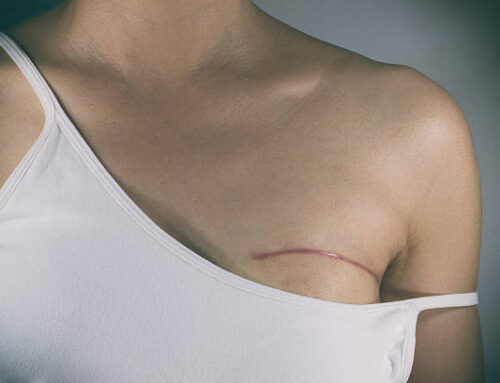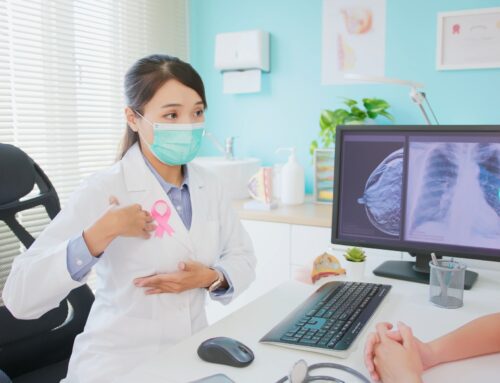Breast screenings are integral to women’s’ health. They provide the critical information that healthcare providers rely on for breast cancer detection. Routine mammograms and other recommended breast screenings can help improve patient outcomes by paving the way for early detection. Here, we discuss the breast screening information all women should know.
Types of Breast Screening
Mammogram
Mammograms by and far account for the largest number of routine breast screenings. This is the test with which most women are familiar. When getting a mammogram, the patient stands in front of the machine. The technologist places the breast onto a clear plastic plate, then lowers a second plate to gently compress tissue for imaging. Tip: Schedule mammograms during the time of the menstrual cycle when breasts are least tender (usually the week after menstruation).
Breast Ultrasound
This screening is not usually performed as the routine test; it is often a follow-up to a mammogram in which an abnormality was detected. For example, women with breast lumps may have an ultrasound to determine more detailed characteristics of the abnormality. Ultrasound works by emitting sound waves through the skin. These bounce off breast tissue, creating an image of the lump and surrounding structures.
Breast MRI
Magnetic Resonance Imaging is advisable for women at higher risk of breast cancer. This screening may also follow a mammogram that has identified breast cancer, with the MRI acting as a staging tool. An MRI achieves highly-detailed, 3D images of the breast.
Who is a High Risk Patient?
Those who may be considered high risk include patients:
- With a prior history of breast abnormalities or breast cancer.
- With dense breast tissue.
- Who have had breast radiation therapy before age 30.
- Who became pregnant after age 30 or who have not had children.
- Who have never breastfed.
- Who are obese.
- With prolonged estrogen exposure, such as women who began menstruating before age 13 or experienced menopause after age 51.
- Who have undergone prolonged hormone replacement therapy.
- Who have had a previous breast biopsy indicating lobular carcinoma in situ, atypical hyperplasia, or radial scar formation.






